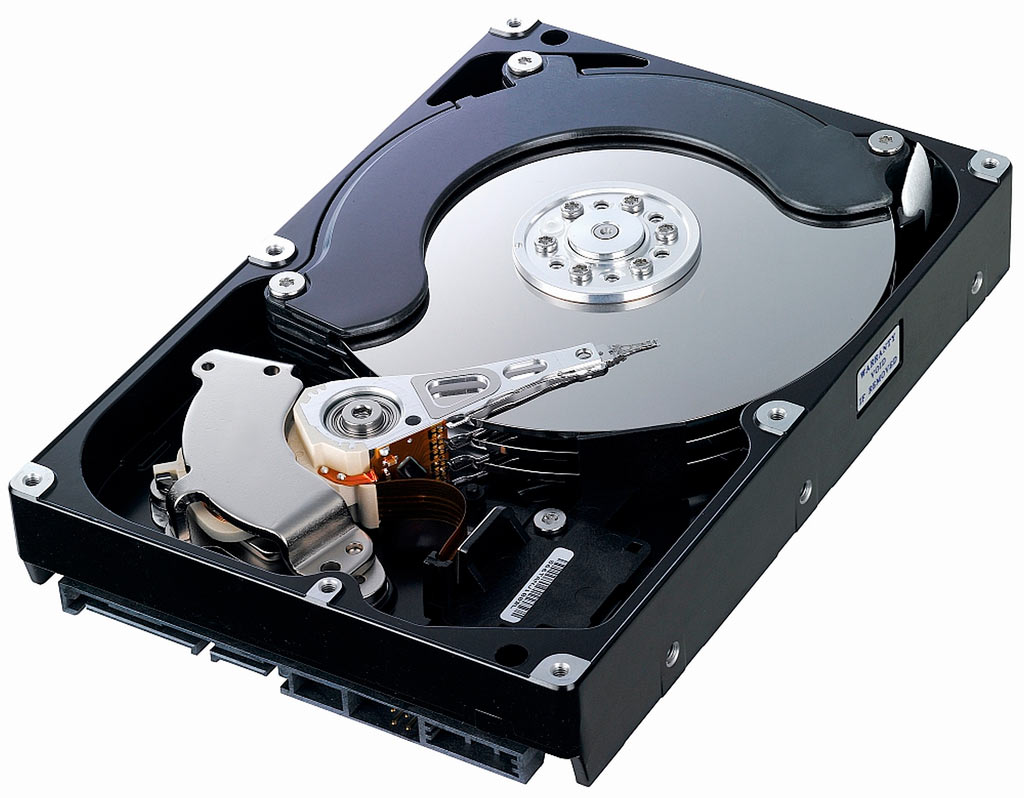Investing
Disk Drive Sector Getting Smaller (WDC, HIT, STX, TOSBF, FJTSY, SNDK, NVDA, MRVL)
Published:
Last Updated:
 In 2010, disk drive makers shipped more than 653 million units. Of that number, Western Digital Corp. (NYSE: WDC) shipped more than 200 million and Hitachi Ltd. (NYSE: HIT) shipped about 112 million units. Seagate Technology LLC, the number two supplier after Western Digital, shipped about 195 million units. Western Digital has now opened an even larger lead on Seagate with today’s announcement that it will pay $4.3 billion in stock and cash for Hitachi’s disk drive business.
In 2010, disk drive makers shipped more than 653 million units. Of that number, Western Digital Corp. (NYSE: WDC) shipped more than 200 million and Hitachi Ltd. (NYSE: HIT) shipped about 112 million units. Seagate Technology LLC, the number two supplier after Western Digital, shipped about 195 million units. Western Digital has now opened an even larger lead on Seagate with today’s announcement that it will pay $4.3 billion in stock and cash for Hitachi’s disk drive business.
And while the deal seems to make sense, there could be a couple of issues. First, there’s a chance that the deal could run into some antitrust questions. Second, the deal may not be keeping step with where the storage market is going.
The other major players in disk drives are Toshiba Corp. (OTC: TOSBF), which took over the disk drive business of Fujitsu Ltd. (OTC: FJTSY) in October 2009, and Samsung Electronics. Toshiba has nearly 11% of the global market and Samsung has nearly 10%. Western Digital will have 48.4% following the acquisition of Hitachi, and Seagate has about 30%.
Seagate faces an uphill struggle if it seeks to turn the disk drive business into a two-horse race. The company already has about $2.4 billion in long-term debt, and it failed to put together a deal last year that would have taken the company private for the second time.
Western Digital expects to increase its debt by about $2.5 billion as a result of the Hitachi acquisition. But its long-term debt now is a mere $294 million. Adding to debt doesn’t make analysts and investors happy.
The antitrust problems could come because Hitachi priced its products aggressively. By removing one of the main threats to price competition, Western Digital can buoy its own profits, and, by accident, Seagate’s. Neither Toshiba nor Samsung can price as aggressively as Hitachi, because each is too small to threaten the scale economies of either Western Digital or Seagate. Of course, Toshiba and Samsung could merge, but that hasn’t even been rumored.
Another possible headwind for Western Digital is the growth of the tablet market, which threatens to put the brakes on growth in the demand for laptops. Tablets use flash memory from companies like SanDisk Corp. (NASDAQ: SNDK), Nvidia Corp. (NASDAQ: NVDA), and Marvell Technology Group Ltd. (NASDAQ: MRVL), among others.
Western Digital has led the drive makers in the market for 2.5-inch drives designed for laptops and portables. As that market’s growth is challenged by tablets, the company will have to turn customers to using external disk drives that are capable of storing large video and music files. Western Digital has long had very good luck selling its drives in retail packages, and this would seem to play to one of their strengths.
Unfortunately for Western Digital, the world seems to be heading toward streaming video and music — renting entertainment rather than owning it. In that market, which comprises mainly cloud-based servers, Seagate has the upper hand.
So far today, though, the merger is ringing everyone’s bells. Western Digital shares are up about 14%, to $34.02, within a 52-week range of $23.06-$45.09. Seagate’s shares are up about 10%, to $13.56, within a 52-week range of $9.84-$20.90.
Paul Ausick
Retirement planning doesn’t have to feel overwhelming. The key is finding expert guidance—and SmartAsset’s simple quiz makes it easier than ever for you to connect with a vetted financial advisor.
Here’s how it works:
Why wait? Start building the retirement you’ve always dreamed of. Click here to get started today!
Thank you for reading! Have some feedback for us?
Contact the 24/7 Wall St. editorial team.